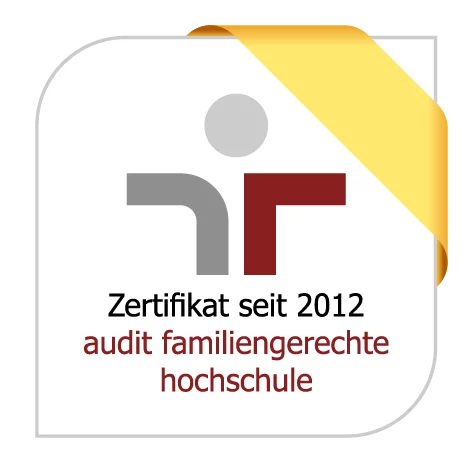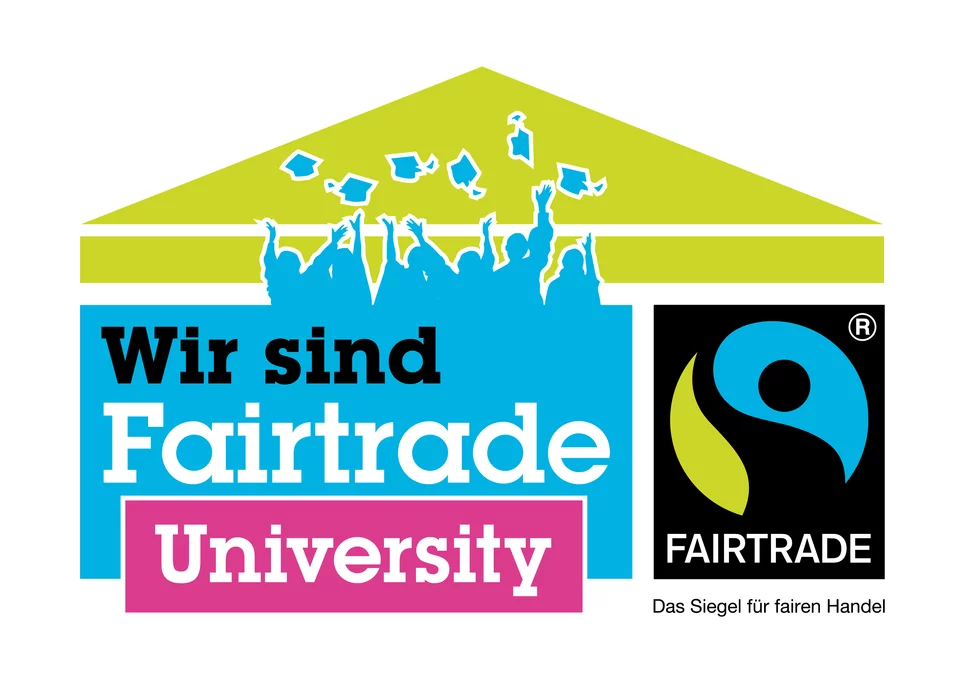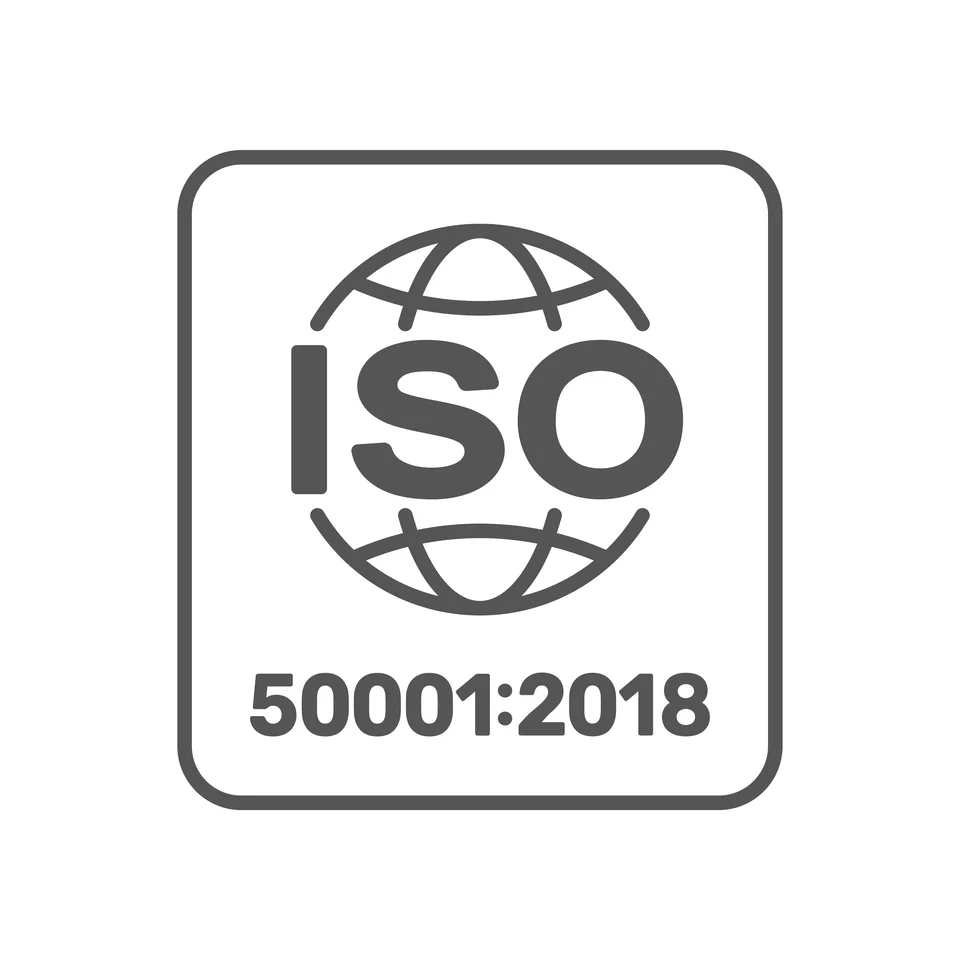Why MaReK?
In Germany, about 3 million tons of packaging waste are produced annually. It accumulates almost daily in all households and is collected regularly, mostly in yellow plastic sacks or bins, and forwarded to a recycling facility. However, the proportion of plastic packaging waste that is mechanically recycled is only about 50%. There is a need for research and development here: How can high-quality secondary raw materials be produced from used plastic packaging? In particular, is it possible to produce new packaging from used packaging?
The research project MaReK - "Tracer-Based-Sorting and Recycling System for Plastic Packaging" is dedicated to answering these questions. Three industrial companies and two research partners are working on the development of an innovative identification and sorting system for plastic packaging waste.
Click here for a video (English subtitles) that explains Tracer-Based-Sorting briefly.
Goals & project description
Research project MaReK
The MaReK project has a duration from 01.07.2017 to 31.12.2020 and is funded by the Federal Ministry of Education and Research (BMBF). It pursues among others the following objectives:
- Development of a tracer-based sorting and recycling system from packaging development to identification and sorting technology and high-quality material recycling.
- Demonstration of the feasibility of fluorescent tracers for waste management applications, in particular using the TBS technology developed and patented by project partner Polysecure.
- Pilot development and testing of the TBS technology for plastic packaging.
- Research on innovation and sustainability aspects of TBS technology, including life cycle assessment (LCA) of TBS use and development of governance strategies
Project description
The project is based on the tracer-based-sorting technology patented by project partner Polysecure. This technology enables the sorting of plastic waste to distinguish not only between the main polymers PE, PP, PS and PET, as was previously the case, but also between other properties. The tracer substances add a further separating criterion to the packaging material, which can be used for specific applications, for example for certain sub-classes of polymers (blow molding or injection molding grades) or types of use (e.g. food or non-food packaging). This is very relevant for the material flow management of lightweight packaging in waste management and thus also enables high mechanical recycling rates. In the MaReK project the integration and implementation of the TBS approach into existing systems is investigated.
Further information about TBS can be found here.
The technological focus of the project is the development and testing of a combination of packaging identification and a matching sorting process for the recovery of high-purity plastics. The speed, effectiveness and economic efficiency of sorting different waste fraction compositions will be tested under waste management conditions.
The project addresses the entire value chain of the packaging life cycle, from packaging design to process development for tracer application and sorting to the recovery of recycled materials. Approaches for a new packaging governance are discussed with relevant stakeholders and, in addition to the technical results of the project, should serve as a basis for a more sustainable use of packaging.
The MaReK project thus also creates a basis for achieving higher recycling rates for plastics.





